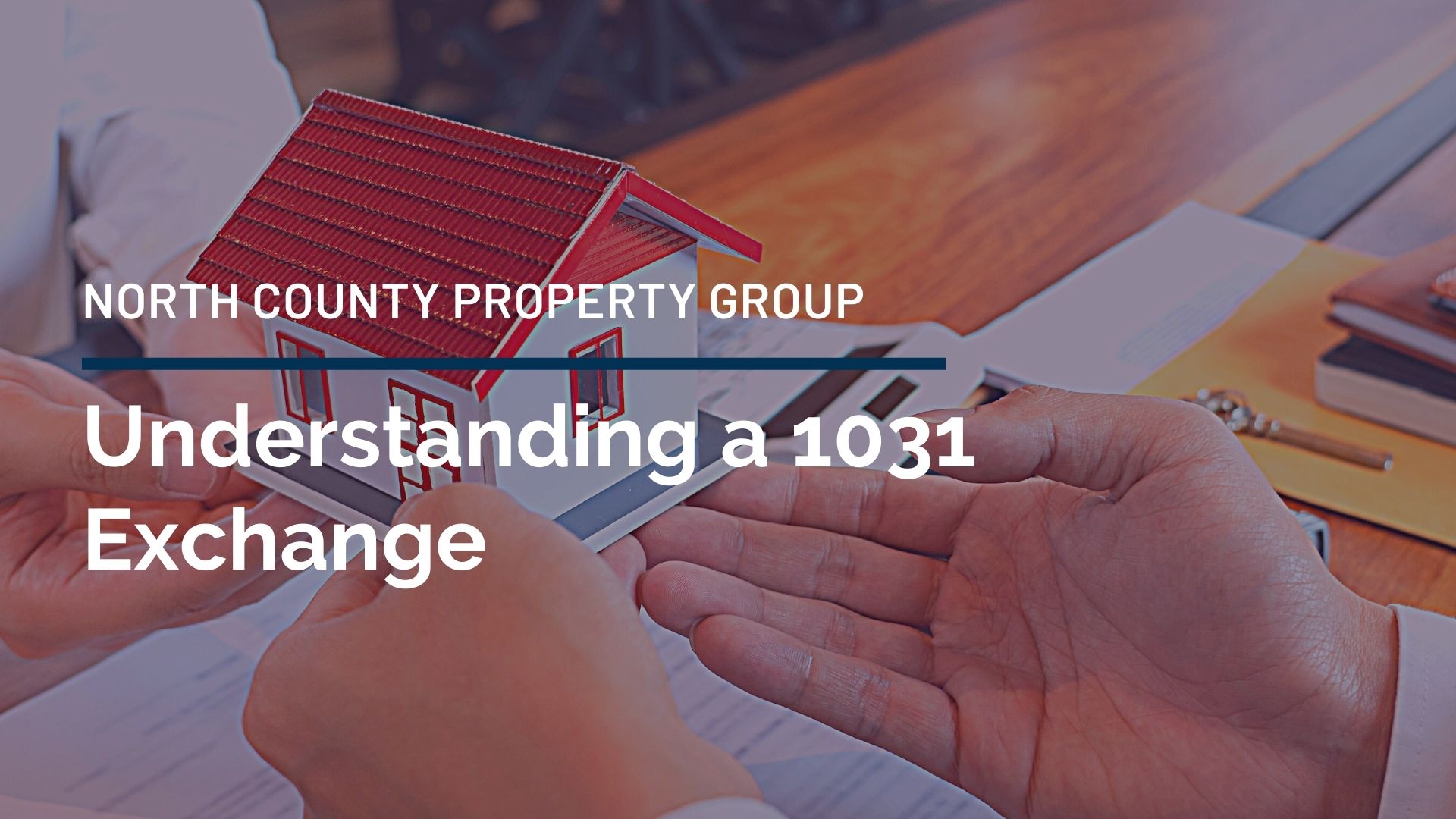Do you currently own an investment property and are considering upgrading to a different one? If so, a 1031 exchange is a great option for you. A 1031 exchange can help you defer capital gains tax as long as you’re buying a “like-kind” property.
Some of the most successful real estate investors can attribute this exchange mechanism to be behind their success! In today’s blog, you’ll learn everything you need to learn about doing a 1031 exchange in California.
First Things First – What Is a 1031 Exchange?
In real estate, a 1031 exchange is a swap of one investment property for another. It gets its name from Section 1031 of the U.S. Internal Revenue Code.
By taking advantage of it, an investor may be able to defer payment of capital gains indefinitely. So, as an investor, you have the potential to move into a different class of real estate without being burdened by taxes.
Let’s suppose you bought a piece of real estate for $100,000 and later sold it for $500,000. In such a case, the profit you got from the sale (amounting to $400,000) would naturally be subject to capital gains taxes.
From that profit, you’d lose around $120,000 to capital gains taxes. But, if you did a 1031 exchange instead, you’d still have the entire $500,000 to buy at least one more new property.

The proceeds from the sale would fund new investments, which in turn would help you generate even more cash flow.
When Should You Consider Doing a 1031 Exchange?
As an investor, there are certain scenarios that may make utilizing a 1031 exchange a no-brainer. They are as follows:
When you’re seeking to buy a property that offers better return prospects
When looking to diversify your investments
In the event that you want to consolidate various properties into one for planning purposes
What Is a Like-Kind Property?
One requirement under the Section 1031 of the IRS code stipulates that the properties being exchanged be “like-kind.” Basically, like-kind properties are those that share the same nature and character.
Nevertheless, this doesn’t mean that the two property types need to be the same. You don’t have, for instance, to exchange a duplex for a duplex. The following quality for an exchange:
A condominium rental for a single-family rental
A hotel for a retail property
An apartment building for a shopping center
Vacant land for a medical complex
A multi-family property for an industrial building
Raw land or farmland for improved real estate
Under IRC §1031, the following properties don’t qualify for an exchange:
Goodwill of one business for goodwill of another business
Foreign real property for U.S. real property
Partnership interests
Bonds, stocks, or notes
Types of Real Estate Exchanges
Four types of real estate exchanges exist for anyone looking to participate in a 1031 exchange:
1. Delayed Exchange
This is arguably the most common type of real estate exchange. In a delayed exchange, you’ll be able to relinquish or sell your property prior to purchasing another like-kind property. This will enable you to use the proceeds of the sale to buy another property.

A delayed exchange will occur after you have marketed your property, secured a buyer, and finalized the sale. You’ll then need to engage a Qualified Intermediary to retain the funds until you acquire a replacement property.
You’ll have up to 45 days to identify a new property and up to 180 days to close.
2. Reverse Exchange
Unlike in a Delayed Exchange, a Reverse Exchange works the other way round. You’ll need to find and close on a property prior to selling your current property. The property you have will then be traded away.
The main drawback to this type of 1031 exchange is that you’ll need to have 100% of the cash. What’s more, not many banks provide loans for reverse exchange.
As for the timeline, you’ll have 45 days to determine which of your property you’ll relinquish. You’ll then have a further 135 days to finalize the sale.
3. Simultaneous Exchange
The third type of 1031 exchange is Simultaneous Exchange. This takes place when the property being sold and the one being acquired close on the same day. It’s important to note that for you to get the benefits, the exchange must be simultaneous.
If you delay the closing of one property even for a short period of time, chances are that the exchange will be disqualified. In effect, this would mean that you’d have to pay the full capital gains tax.

A simultaneous exchange can take place in multiple ways. One way in which it can occur is where both you and the owner of the other property exchange deeds. The other way involves a Qualified Intermediary. The Qualified Intermediary will get to facilitate the transaction between you and the owner of the other property.
4. Construction or Improvement Exchange
This type of exchange allows one to make improvements to a property prior to a 1031 exchange. A Qualified Intermediary will hold onto the property for a period of 180 days, during which you’ll be able to use the exchange equity to make the required improvements.
How Much Does a 1031 Exchange Cost?
Other than other real estate transaction costs, hiring a Qualified Intermediary is also another expense you’ll need to cater for. Generally speaking, expect to pay anywhere between $600 and $1,200 when it comes to a delayed exchange in particular.
What Is Boot in 1031 Exchanges?
The term boot refers to non-like-kind property received in an exchange. Typically, boot is in the form of cash, debt relief, an installment note, or personal property.
Suppose you sell a property for $200,000 but only replace a property valued at $180,000. The difference - $20K – is what would be the boot. Boot is subject to capital gains, so the $20K would be taxable.
Bottom Line
A 1031 exchange is a common tax strategy that can help savvy real estate investors grow their portfolios and build wealth faster. However, to reap the benefits, the process has to be done right.
So, if you’re just getting started, hiring an expert property manager in San Diego is highly recommended. Get in touch with North County Property Group to learn more about how we can help you maximize your real estate investment!











